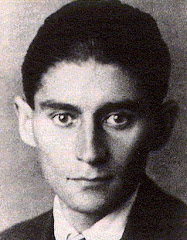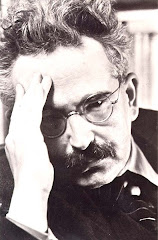It is like a man of noble-birth, who has, by a series of turns, been reduced to a wandering beggar. Aware of his nobility, and thus ashamed of his poverty, the beggar dares not beg, but instead, waits for someone to recognize him as a son of greatness and restore him to his former life. Dying slowly of starvation, the beggar is too weak to speak or move, yet along comes a man who knows him from childhood, and crying out his name, falls upon him in recollective tears. But, not having any food on his body to offer his dying friend, he runs off to find some, and on his way, either gets distracted and never comes back, dies, or returns with food, but with food that is either not enough to sustain the dying man or food to which the man is allergic, and some would go so far as to say, simply not in his taste, thinking such food beneath him. In any event, the beggar dies, or if he lives, dies, returned to his nobility. Yet his death is not without spectacle and his spectacle not without story and his story not without questions. Who is this man to which “it,” that impersonal filler, is compared? And what is this “It”? These questions are the food which I offer to you as you starve.
Saturday, September 13, 2008
Subscribe to:
Post Comments (Atom)






No comments:
Post a Comment